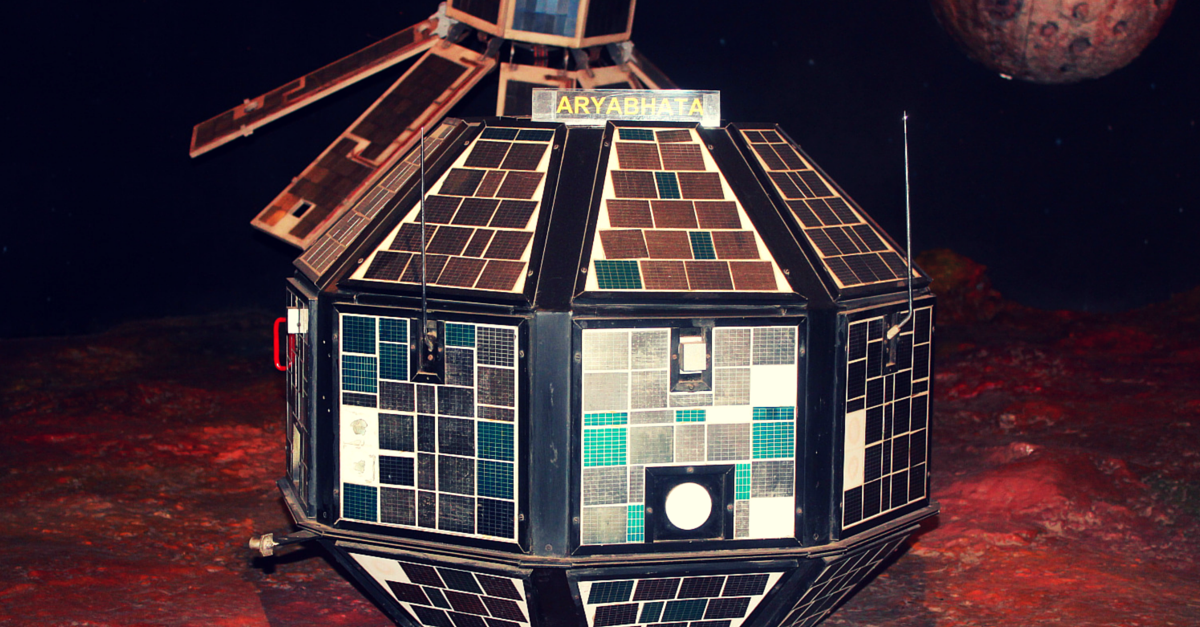Aryabhata
| Name | Aryabhata |
|---|---|
| Image |  |
| Norad Satcat No. | 7753 |
| Country of origin | India (ISRO) |
| Launch date | 19/04/1975 |
| Decay year | 1992 |
| Launch site | Volgograd Launch Station (presently in Russia) |
| Orbit type | LEO |
| Semi-major axis | 6970 km |
| Eccentricity | 0.004018 |
| Perigee altitude | 563 km |
| Apogee altitude | 619 km |
| Inclination | 50.7° |
| Orbital period | 96.46 minutes |
| Length | 1.4 m |
| Diameter | 1.4 m |
| Mass | 360 kg |
| Propulsion | NA |
| Engine | NA |
| Mission duration | 5 Years |
| Instruments | X-ray Astronomy Aeronomy & Solar Physics VHF band transmitter-receiver |
| Description | Aryabhata, India’s first satellite, was a momentous achievement for the Indian Space Research Organisation (ISRO). Launched on April 19, 1975, from Kapustin Yar in the Soviet Union, it carried experiments in X-ray astronomy and solar physics. Named after the renowned 5th-century Indian astronomer and mathematician, Aryabhata marked a significant milestone in India’s space program. The satellite, weighing 360 kilograms, was designed to study cosmic rays, solar X-rays, and the Earth’s ionosphere. While a power failure curtailed its operational lifespan after five days, Aryabhata proved to be a crucial stepping stone for ISRO. |
| Website | https://www.isro.gov.in/ |
Disclaimer: This information is based on publicly available sources and should be considered for general knowledge purposes only.